On May 27, the Ministry of Health decided to suspend circulation and recall nationwide 1 batch of G-Thera Amino Anti-Wrinkle Mask products. The reason is that the original label does not contain the correct formula ingredients as stated in the announcement file.
The product was recalled because the original label did not contain the correct ingredients as stated in the cosmetic declaration file (missing Butylene Glycol, Phenoxyethanol, Ethylhexylglycerin).
Previously, the Drug Administration of Vietnam (Ministry of Health ) consecutively issued two decisions to suspend circulation, recall and destroy two batches of products including Hanayuki Shampoo (300g bottle) and Hanayuki Sunscreen Body product (box of 1 tube of 100g).
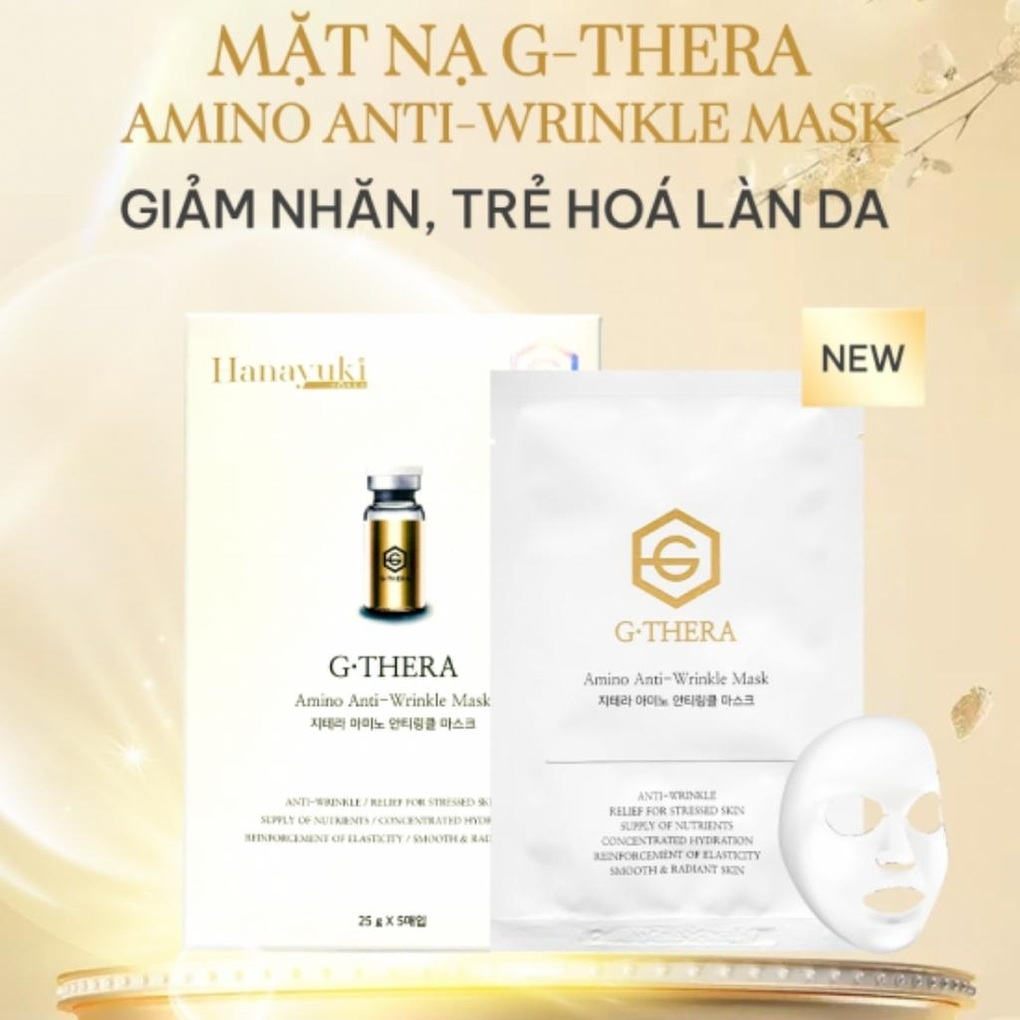
This product is manufactured by a Korean company, the company of singer Doan Di Bang's husband is responsible for bringing it to market (Photo: CT).
In particular, the test results of the shampoo sample violated the microbial limit and contained 2-Phenoxyethanol, an ingredient not included in the registered and announced formula.
The remaining product test results showed that the sun protection factor on the label (SPF 50) did not match the test results of the sun protection factor of the sample (SPF: 2.4).
The incident of many recalled products of singer Doan Di Bang's husband's company containing ingredients not listed in the cosmetic declaration file has raised public questions: What are these substances and do they affect health?
1. Butylene Glycol
Butylene Glycol is an organic alcohol derived from petroleum or plants, commonly used in cosmetics as a humectant, solvent or penetration enhancer.
According to the US Food and Drug Administration (FDA), Butylene Glycol is classified as “Generally Recognized As Safe” (GRAS) – meaning safe when used at appropriate concentrations.
Research by the Cosmetic Ingredient Review (CIR) Expert Panel concluded that this ingredient does not cause serious irritation or toxicity at concentrations below 50%.
However, in some rare cases, Butylene Glycol can cause mild irritation to people with sensitive skin. In addition, this substance also needs to be clearly declared in the formula to avoid risks related to ingredient transparency and allergic reactions.
2. Phenoxyethanol
Phenoxyethanol is a common preservative in cosmetics that helps prevent the growth of bacteria and mold. However, it is also an ingredient that has caused controversy regarding its safety.
The French Agency for the Safety of Medicines (ANSM) recommends that Phenoxyethanol should not be used in children under 3 years of age when used on large areas of skin.
According to a report by the European Chemicals Agency (ECHA), this substance can cause irritation to the skin, eyes and respiratory system when exposed to high concentrations.
In the US, CIR allows Phenoxyethanol to be used in cosmetics at a maximum concentration of 1%.
However, if not fully declared in the declaration file, consumers have no way to determine the actual concentration being used, leading to unforeseen risks.
3. Ethylhexylglycerin
Ethylhexylglycerin is a chemical compound commonly used in the cosmetics and skin care industry. It is commonly used as an anti-fungal and anti-bacterial agent in cosmetic products, such as lotions, cleansers, sunscreens, and many others.
Ethylhexylglycerin is often used with Phenoxyethanol to increase the preservative effect. This substance is derived from glycerin, has a mild antibacterial effect, and also softens the skin.
According to a study published in the journal Contact Dermatitis, Ethylhexylglycerin can cause contact dermatitis in some sensitive individuals, although the rate is low. The CIR concluded that this substance is safe at concentrations used below 1%.
Although not banned, Ethylhexylglycerin still needs to be transparently declared, especially in skin care products for weak, sensitive skin, or for use on young children.
Source: https://dantri.com.vn/khoa-hoc/cac-chat-giau-mat-trong-my-pham-cong-ty-chong-doan-di-bang-co-dang-lo-20250528102905347.htm



![[Photo] Prime Minister Pham Minh Chinh receives leaders of Excelerate Energy Group](https://vphoto.vietnam.vn/thumb/1200x675/vietnam/resource/IMAGE/2025/5/29/c1fbe073230443d0a5aae0bc264d07fe)

![[Photo] Prime Minister Pham Minh Chinh attends the event "Digital transformation of the banking industry by 2025"](https://vphoto.vietnam.vn/thumb/1200x675/vietnam/resource/IMAGE/2025/5/29/0e34cc7261d74e26b7f87cadff763eae)






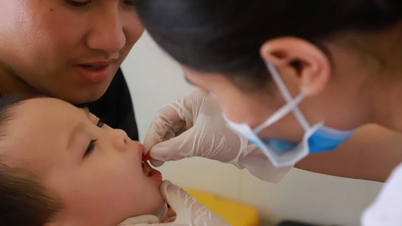

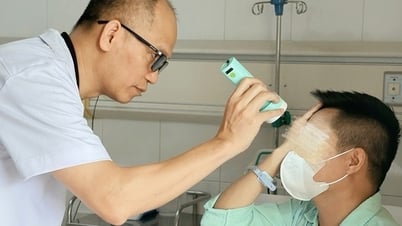

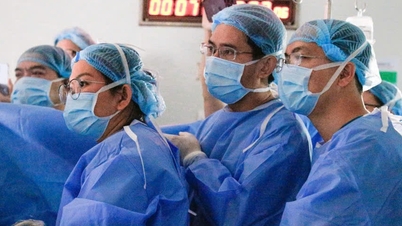







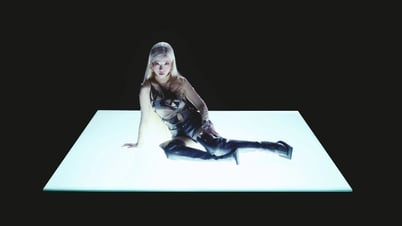

























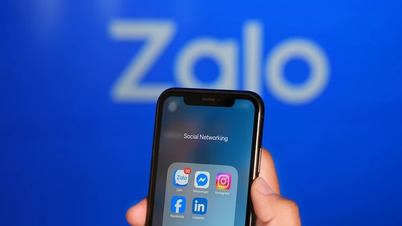









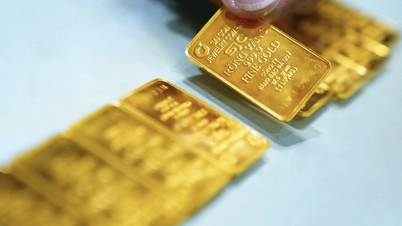






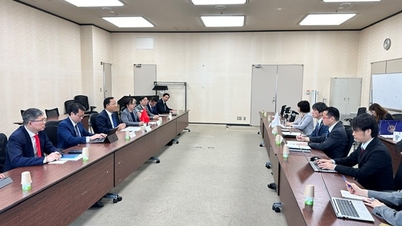























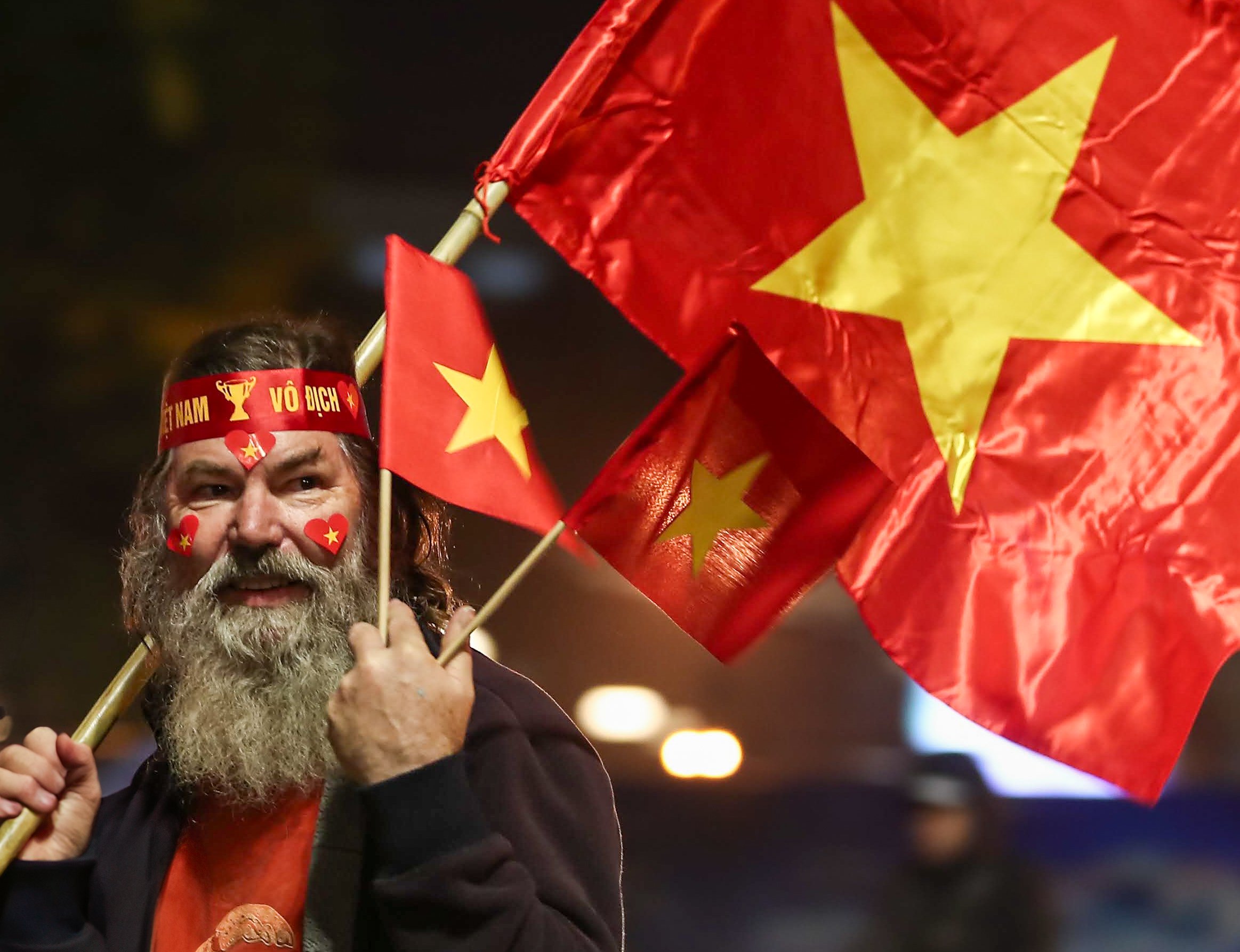



Comment (0)